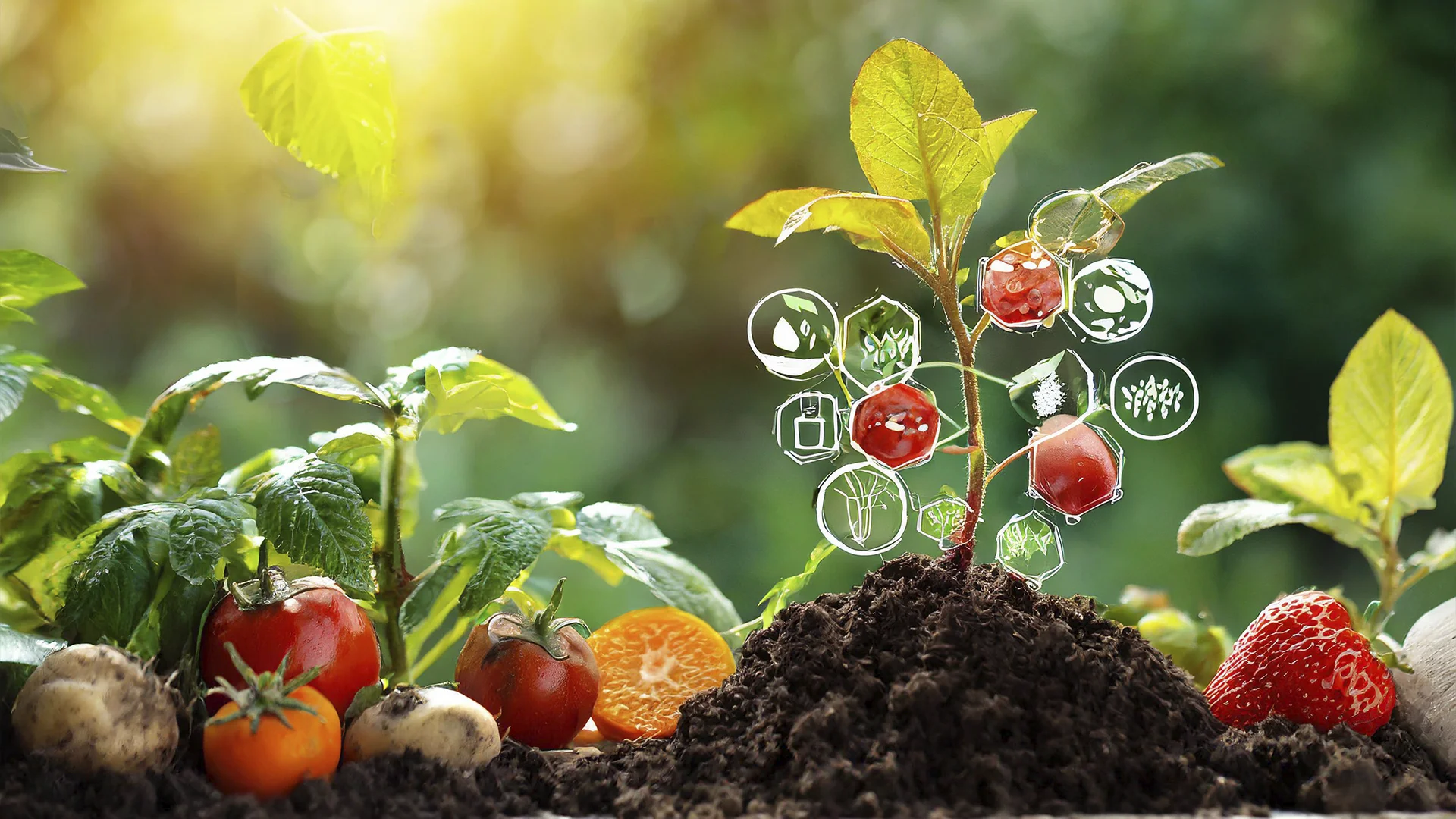The positive impact of compost manure obtained from a home compost machine on plant health and sustainable agriculture is undoubtedly significant.
Firstly, let's talk about the positive effects of compost fertilizer on plant health. Compost manure improves the structural properties of the soil and increases its water retention capacity. As a result, plants have better access to water and can grow healthier even in adverse conditions like drought.
Moreover, compost fertilizer produced with a home compost machine nourishes the soil and activates the microorganisms present in the soil. These microorganisms convert nutrients in the soil into a form that plants can use, ensuring that plants are well-nourished and healthy.
The importance of compost fertilizer cannot be overstated. Compost manure is a natural and organic fertilizer that does not harm plants and soil like chemical fertilizers. Furthermore, an eco-friendly fertilizer preserves soil and water resources and maintains ecological balance.
The positive effects of compost fertilizer on plant health and its compatibility with nature are also significant advantages for gardeners and sustainable agriculture.
What is Compost Fertilizer?
Gardeners and those interested in using a compost machine often ask what compost fertilizer is. Compost fertilizer obtained with a compost machine is a valuable fertilizer resulting from the natural decomposition of organic waste.
Compost fertilizer from home or garden compost machines consists of various organic materials. These include vegetable and fruit scraps, coffee grounds, dry leaves, grass clippings, and similar organic waste.
As you know, compost fertilizer has many benefits for plants and sustainable agriculture. It enriches the soil, improves its structure, increases water retention, and provides essential nutrients for plant growth. Additionally, it strengthens plants' roots and helps them gain resistance.
Using compost manure obtained from a home or garden compost machine aims to reduce the use of chemical fertilizers. Thus, it transforms into an utterly beneficial product, reversing the negative impact on nature.
Effects of Compost Fertilizer on Plant Health
Let's look at the nutritional value compost fertilizer provides to the soil. Compost fertilizer obtained from organic materials contains essential nutrients and minerals plants require. This results in healthier plant growth, stronger roots, and increased yield. These products form a chain of beneficial nutrients for health, free from chemicals.
Furthermore, compost fertilizer increases the water retention capacity of the soil. This feature makes plants more resistant to drought and reduces the need for irrigation. Additionally, it improves soil structure, increases the number of beneficial microorganisms in the soil, and maintains soil ecosystem balance. Of course, the positive effects of compost manure on plant health are not limited to these. Unlike chemical fertilizers, compost fertilizer is a natural product with no harmful effects on the soil.
Contributions to Soil Nutrition
Natural compost manure from a machine enriches the soil and contains essential nutrients for plant growth. Significantly, compost manure from organic materials strengthens the soil structure and increases water retention and nourishing properties.
For example, compost manure regulates the pH balance of the soil, neutralizing acidic or alkaline soils for healthier plant growth. It also facilitates soil aeration and better water absorption, allowing roots to spread more profoundly and substantially.
Additionally, compost fertilizer increases the number of beneficial microorganisms in the soil. These microorganisms break down organic matter in the soil, making nutrients more accessible to plants and maintaining the essential balance of the soil ecosystem.
Supporting Sustainable Agriculture
Supporting sustainable agriculture through natural cycles is crucial for environmental awareness and efficiency. Firstly, using a home compost machine or in the garden transforms organic waste into compost manure, promoting reuse in sustainable agriculture. This maximizes the efficient use of natural resources and reduces the use of chemical fertilizers.
For example, compost manure obtained from a home compost machine enhances the nutrient properties of the soil for vegetable and fruit cultivation. This allows for healthy and flavorful produce while preserving the natural cycle.
Garden-type compost fertilizer machines are designed for larger areas. By processing large amounts of organic waste, they contribute to a healthy fertilization system in agricultural fields, supporting sustainable agriculture.
You may be interested: What is Sustainability
 TR Octoen
TR Octoen
 USA Octoen
USA Octoen
 ES Octoen
ES Octoen


